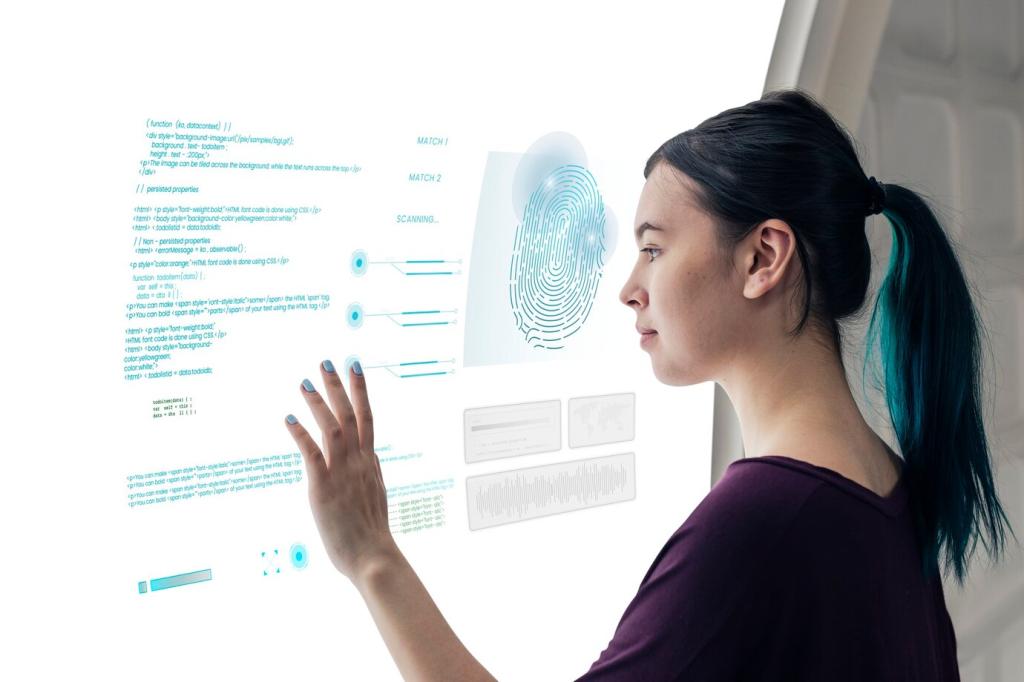Skills Needed for a Career in AI
A career in Artificial Intelligence (AI) is both exciting and challenging, requiring a dynamic blend of technical, analytical, and interpersonal skills. With AI rapidly transforming industries, professionals need to continually update their expertise to stay competitive. The skills required go beyond mere programming; they encompass a holistic understanding of theoretical concepts, domain knowledge, and the ability to communicate insights effectively. This page explores the core skills necessary for anyone aspiring to succeed in the evolving field of AI, from mastering algorithms to cultivating critical thinking and collaboration.
Proficiency in Key Programming Languages
In AI, fluency in programming languages such as Python, R, or Java is essential. Python, in particular, is favored due to its simplicity and the vast ecosystem of AI and machine learning libraries available. Competence in programming allows practitioners to build, test, and refine algorithms efficiently. Additionally, understanding best practices in coding, such as modular design and proper documentation, is crucial for developing scalable and reusable AI systems.
Familiarity with AI Libraries and Frameworks
To develop effective AI solutions, professionals need in-depth knowledge of libraries and frameworks tailored to machine learning and deep learning tasks. Libraries like TensorFlow, PyTorch, Keras, and Scikit-learn are indispensable tools for building and experimenting with models. Mastery of these tools accelerates the development process and provides access to state-of-the-art techniques that drive innovation. Familiarity with these frameworks also enhances collaboration, as they are widely used in both academia and industry.
Version Control and Software Engineering Practices
Working on AI projects often involves collaborating with other engineers and researchers. Skills in version control, such as using Git, are necessary to coordinate code changes and ensure reproducibility. Understanding core software engineering concepts, including testing, debugging, and deployment, enables AI professionals to deliver robust and production-ready solutions. This foundation ultimately supports efficient teamwork and high-quality project outcomes.
Mathematical and Analytical Aptitude

Linear algebra and calculus are the bedrock of machine learning algorithms, especially those used in neural networks. Concepts such as vectors, matrices, derivatives, and gradients are routinely employed to optimize model performance. AI professionals who possess a solid understanding of these subjects can more effectively troubleshoot issues, optimize training processes, and innovate new models based on theoretical insights.

Understanding of Industry-Specific Requirements
Each industry—be it healthcare, finance, retail, or automotive—has unique problems and operational contexts that influence AI adoption. Professionals with domain expertise can tailor AI models to meet specialized needs, resulting in more accurate predictions and impactful implementations. This specialized knowledge also aids in communicating the value of AI to stakeholders with varying technical backgrounds.
Translating Business Problems into AI Solutions
A key skill is the ability to connect business challenges to AI technologies. This involves recognizing opportunities where AI can add value, defining appropriate use cases, and scoping projects with clear objectives. Professionals who can identify the alignment between organizational goals and AI capabilities are better positioned to drive successful projects that deliver measurable outcomes.
Evaluating Impact and Ensuring Ethical AI Use
AI is most effective when its deployment contributes positively to business objectives while maintaining ethical standards. Understanding the broader impact of AI—such as fairness, transparency, and potential biases—enables professionals to design responsible systems. Evaluating outcomes with a critical lens ensures that solutions not only achieve technical excellence but also benefit society and stakeholders.
